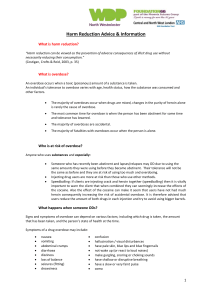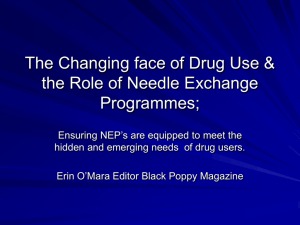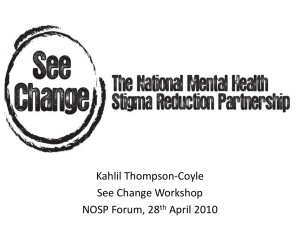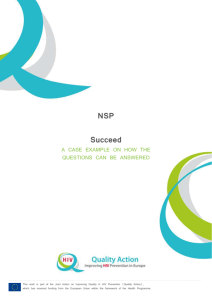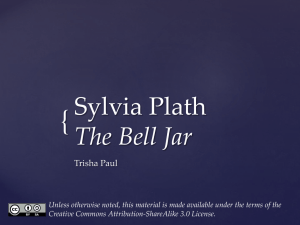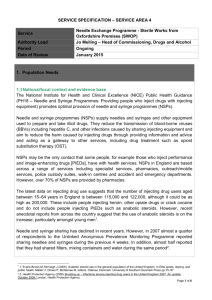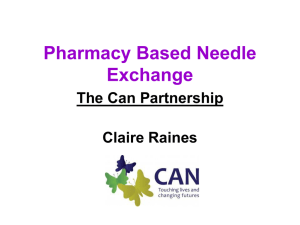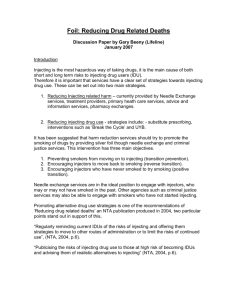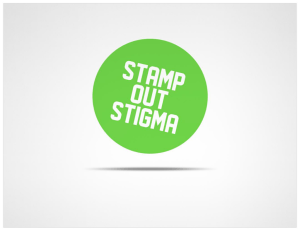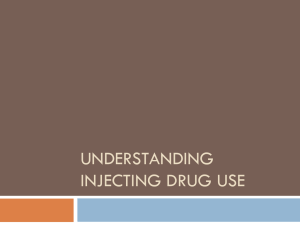Complex Needs and Challenging Behaviors – Of Service
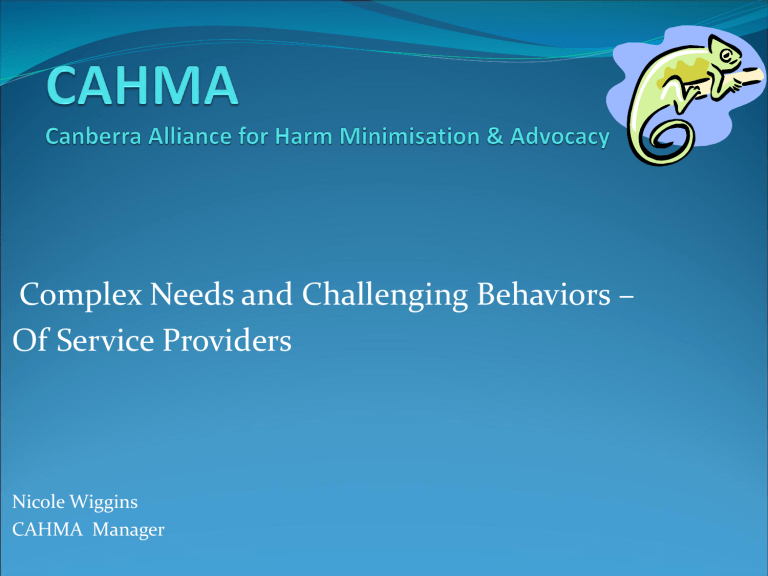
Complex Needs and Challenging Behaviors –
Of Service Providers
Nicole Wiggins
CAHMA Manager
ACT Peer Based Drug User Organisation
Represent injecting/illicit drug users and people on pharmacotherapies –our peers/ our community
Organisational philosophy is user/peer-centred that supports the rights of our community to self organize and form peer based structures and processes in order to reduce drug related harm
Promote and protect the health and human rights
Challenge the social and legal barriers to the health and well-being by ensuring access to the resources and means to reduce drug related harm
Maintain an active public voice on issues affecting our community
Provide avenues through which the interests and needs of our community can be represented
Representation and participation
ACT Alcohol Tobacco and Other Drug Strategy Implementation & Evaluation Group;
AMC 18 month Evaluation of AOD Services Advisory Committee;
• ATODA – ACT Peak Body ATOD Sector;
• Opioid Treatment & Advisory Committee (OTAC);
• Alcohol and Other Drug Workers Group;
• Various Government Inquiries
CAHMA believes that people who use illicit drugs and people on opioid pharmacotherapies have the right to be treated with dignity and respect and be able to live their lives free from discrimination, stigma and health and human rights violations.
Challenging Behaviors of Service Providers
Discrimination
Complex Needs of Service Providers
Restrictive Access Criteria
Complex and Restrictive Policy of
Service Provision
AIVL National Anti- Discrimination Project
The Overall Aim of the project to gain an understanding of why there is a stigma attached to injecting drugs and how these attitudes might be addressed in a future campaign
Specifically the research sought to:
Understand the community’s perceptions of people who inject;
Explore in detail the existing stereotypes;
Understand why the stigma / prejudice exists; and
In this context how the community might respond to messages aimed at addressing misconceptions and prejudices.
being criminals and thieves who are willing to do anything to get what they need without considering others; having poor hygiene habits; being bad parents who neglect their children / are unreliable.
using dirty needles in desperation of needing to use drugs; being irresponsible in the disposal of needles; likely to have disease of some kind caused by use of dirty needles or poor hygiene habits; and ultimately selfish with no consideration for others.
This was very different than how people who inject drugs see themselves
People who inject drugs identify themselves has being survivalists, resilient and resourceful, with their drug use only a small part of who they are
Not the ‘out of control’ junkie for whom drug use is perceived to over ride all other characteristics or qualities.
The dominant personality traits of IDU are seen to be:
Selfishness;
Unreliability;
Dishonesty;
Untrustworthiness
WHO IS THE INJECTING DRUG USER?
David
Business man
Ruth
Mother
Jim
Homeless
Sue
Teacher
Gary
Builder
• Sadly Jim is homeless because of some mental health issues
• And David, who runs his own business is an injecting drug user
Leave your prejudices at the door …
WHICH IS THE MOST DANGEROUS
• Alcohol causes more social issues, more domestic violence, and costs the community more than injecting drug users
THESE PEOPLE SHARE SOMETHING IN COMMON
They all inject drugs …
YOU WOULDN’T DISCRIMINATE AMONGST THESE PEOPLE
Woman HIV Positive Mental Health Physical
Disability
• So why discriminate against these
Gay Black
Injecting Drug User Injecting Drug User Injecting Drug User
The impact of stigma and discrimination on the health and lives of people who inject or have injected drugs is significant.
Impacts on access to essential health services;
Reinforcement of negative self - worth
Changing Attitudes
Addressing Stereotypes ,Stigma & Discrimination
